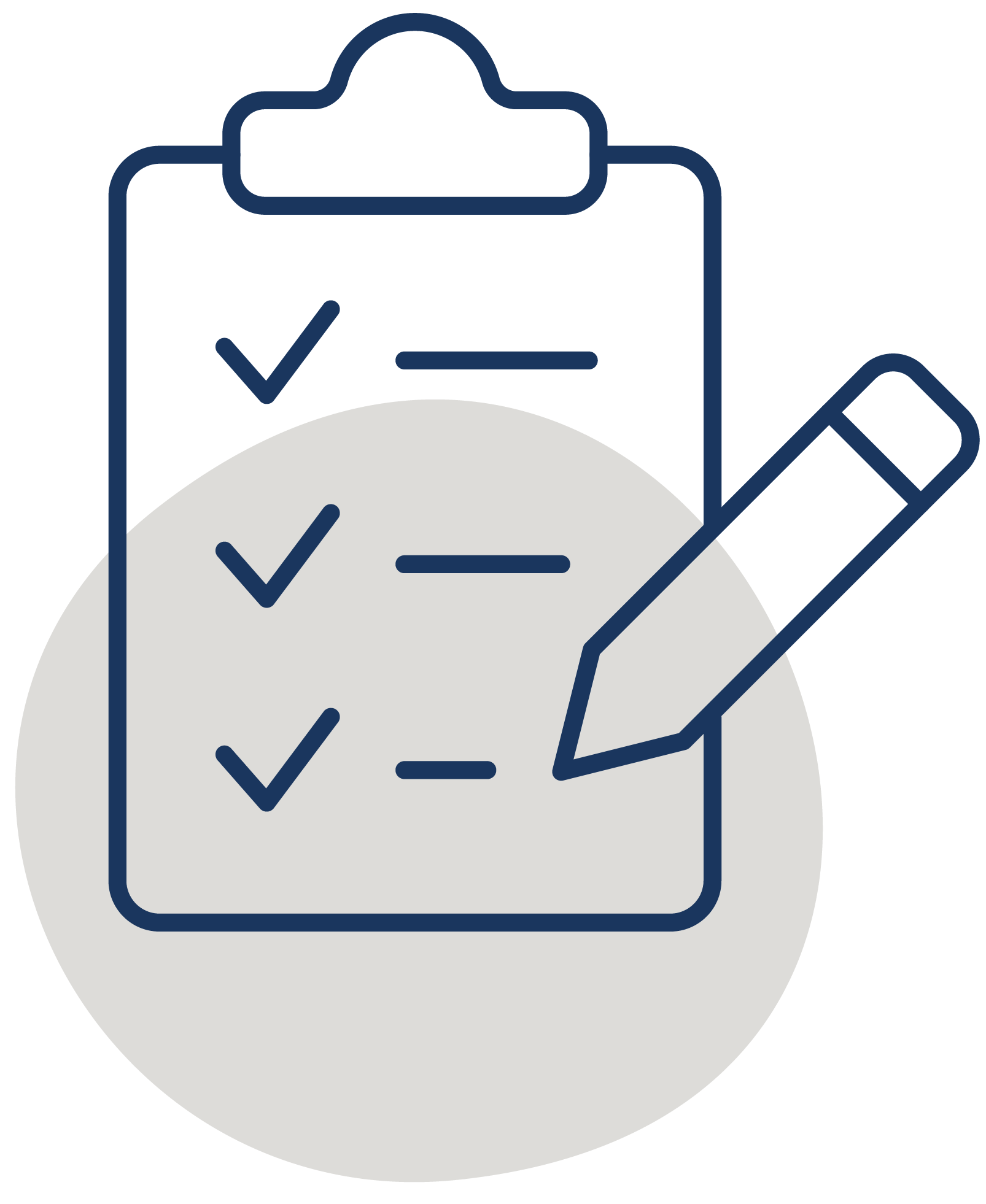You can access each of the ASPAA modules from this homepage. We recommend you complete the introductory module first and then work through the rest of the modules in order. After you have completed all modules in sequential order, please feel free to jump into a specific module if you want to review any content. You can choose to complete the program independently, with a trusted person or with a trained healthcare professional.
Although self-compassion practices do not cause distress per se, some people may have negative reactions to self-compassion practices at first due to their past trauma and experiences.
Introductory Module

After completing the introductory module, you can move on to the rest of the five modules, which have been thoughtfully designed to be completed in sequential order.
ASPAA modules
Module 1: Understanding self-compassion
Module 2: Benefits of self-compassion
Module 3: Mindfulness
Module 4: Finding your compassionate voice
Module 5: Accepting our experiences
Your journey may be difficult at times but help is available
Your well-being is our utmost priority, so we encourage you to foster a safe and nurturing environment. Although self-compassion practices do not cause distress per se, some people may have negative reactions to self-compassion practices at first due to their past trauma and experiences. We want you to know that it's okay to have difficult emotions like sadness, grief, or shame surface during your self-compassion practices (this is called backdraft, which is described in Module 4). Dr Kristin Neff and Dr Chris Germer have stated that backdraft is “an intrinsic part of the transformation process of self‐compassion.” So, the occurrence of these unpleasant emotions when practising self-compassion is a natural part of the healing journey.
If you find that past emotions or memories arise, please remember that you are not alone. If the emotions or memories become too difficult for you to cope with, it’s okay to ask for help. You may choose to reach out for support from a compassionate healthcare professional or support organisation.
A comprehensive list of international support organisations can be found at www.checkpointorg.com/global. You'll find valuable resources and contact details for organisations like Lifeline in Australia (13 11 14), Crisis Services in Canada (1-833-456-4566), Mental Health America in the USA (1-800-273-8255), and Samaritans in the UK (116 123).

